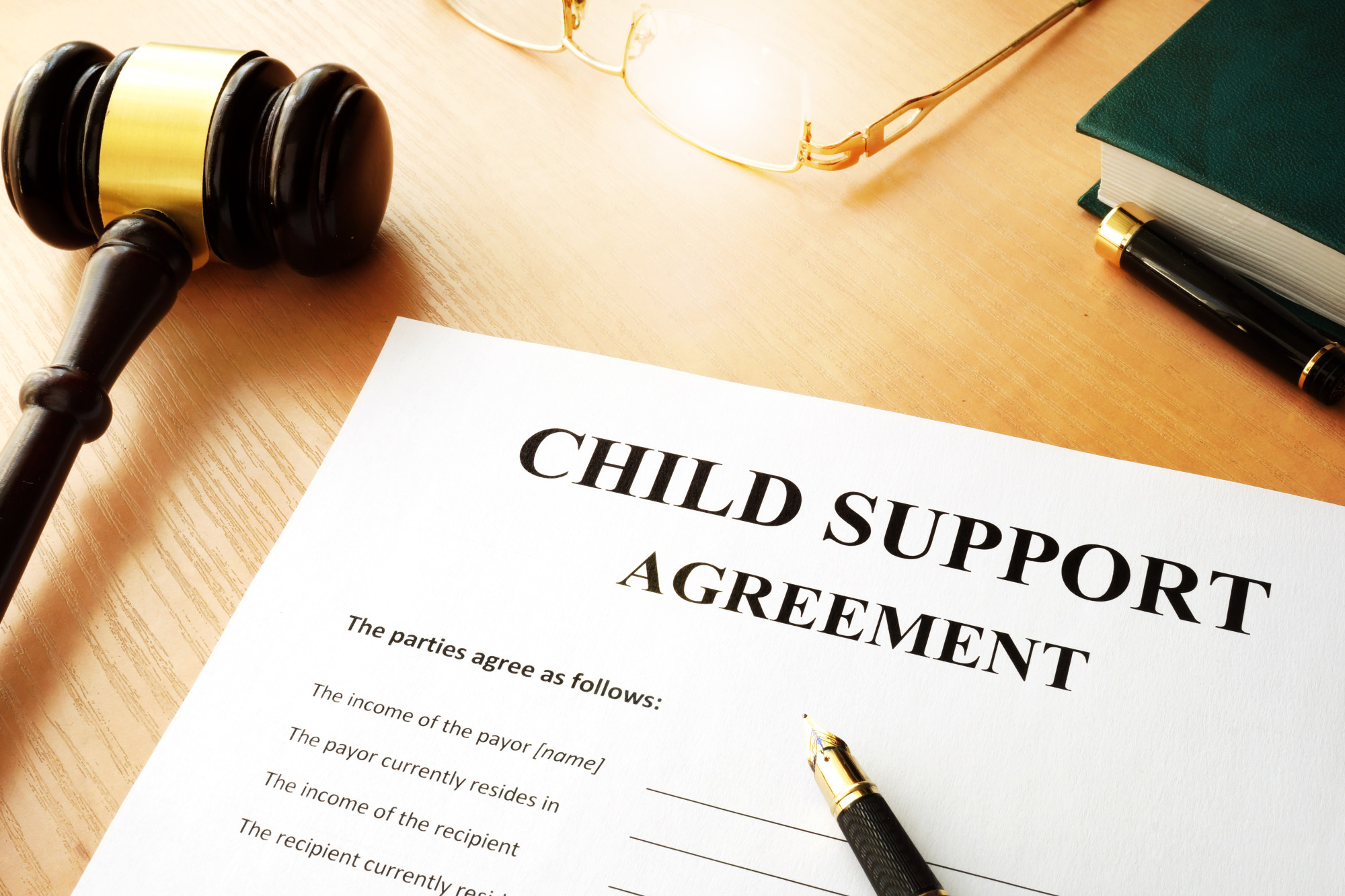What Does Child Support Cover? A Guide to Understanding Children Expenses
Over 14.7 million children currently live in households that receive child support payments. This amounts to about 1/5 of kids across the US. If your family is included among these ranks, you’re far from alone. If you’re just beginning to process of collecting this aid, you likely don’t know exactly what support you’re receiving.
So, what does child support cover, exactly? Read on to learn the ins and outs of these payments.
What Does Child Support Cover?
Child support will cover different things based on your family’s individual needs. One thing that it will always pay for, though, is your child’s basic living expenses. This will make up about 53% of the funds that you get from your ex-partner.
“Basic necessities” are defined as food, clothing, and shelter. This covers both groceries and other food items when you eat out at restaurants. You also can use the money to cover rent, mortgage, shoes, jackets, and seasonally appropriate clothing.
Note that shelter needs also go beyond mortgage and rent payments. It also covers internet bills and electric bills. Lighting and other utility bills also qualify as basic needs.
Medical Care and Expenses
Medical expenses are often frequently included in child support payments. It’s important to negotiate these expenses prior to the start of child support payments. The sum will be added to a monthly amount and given to the primary caregiver.
Out-of-pocket payments for medical care often require both parents to pay a certain percentage of the bill. If both parties make the same amount of money, this would be a 50/50 split.
Basic Educational Fees
There’s a common misconception that education is free if a child is in the public school system. However, even public classroom learning requires parents to foot bills for necessities like:
- Lunch money
- School uniforms (or other school-appropriate clothing)
- Textbooks
- Tuition fees (in certain areas)
- Tutors for additional assistance
It’s reasonable that these fees should be considered when setting up child support payments.
Unfortunately, not all states require these expenses to be accounted for. If you live in one such state, you’ll need to work with a lawyer to negotiate terms that are agreeable to you. You likely will independently agree on a percentage-based system with the other parent so that each of you foots a reasonable amount of the bills.
Situational Expenses
In addition to these basic necessities, many parents reasonably expect other expenses to be covered by child support. School supplies are one education-related expense that’s in murky territory. Other things that may or may not be covered include:
- Transportation to and from school
- Transportation between parents who don’t live near each other
- Expenses related to extracurricular activities
- Automobile expenses for children aged 16 and older
- Household goods and furniture that don’t fall under basic housing needs
Working with a family attorney to get the best court ordered child support deal is your best bet for getting these expenses covered. While the other parent isn’t going to pay for everything, regular support payments can take a huge burden off your shoulders.
Health Insurance
Both parents are responsible for a child’s medical expenses. However, child support payments do not cover health insurance.
Since most court orders do allow the primary caregiver some money that goes toward medical expenses, though, this sum can be applied to purchasing state-sponsored insurance. This usually is only required if neither parent has sufficient insurance through their workplace.
If one or both parent gets workplace health benefits, the child will be set up under that plan. The court will not include funds for health insurance within the final child support order.
This is the ideal scenario because the money received for medical expenses can then go toward “extraordinary” costs like braces and glasses. If you need to use it to buy insurance, you’re likely on your own for “extraordinary” expenses.
Daycare
Child care is not usually included in support guidelines across the United States. Unfortunately, most kids who live with a single or separated parent need daycare or nanny services. After all, someone needs to look after them while that parent works.
Luckily, most courts acknowledge this and split the cost of childcare 50/50. If you have a good attorney who advocates for you, you may also get judges to take other factors like income into account. If one parent makes significantly more than the other, they may need to put more money toward daycare expenses.
College Tuition
In most states, 18 is the age of majority. Often, parents no longer need to pay child support at this point. However, this isn’t always the case.
Courts usually have the discretion to order both parents to pay for their child’s college education. There are several factors that judges will consider, including:
- How financially dependent the child still is
- The financial circumstances of each parent
- The long-term expectations that the parents had for the child
- Whether the child qualifies for loans, financial aid, and scholarships
How Is Child Support Calculated?
Once the courts figure out what expenses the child needs to be covered, they’ll look at a variety of factors to determine the sum of monthly child support payments.
The needs of the child are the first consideration. For example, a chronically ill child with more medical bills might require higher support payments than a healthy one would. A teenager between 15-17 years old will cost about $600 more monthly than a child under 2.
Courts also look at the amount of time that the child spends with each parent. If one parent cares for them year-round, the other may need to pay more support to make up for their freedom.
The general financial situation of each parent is also a factor. If one makes more money, they may need to pay more. If one is willfully unemployed or underemployed, that may affect the sum, too.
Talk With a Family Attorney Today
So, what does child support cover?
The underwhelming answer is that it depends, but there are certain things that will always be included in payments. Now that you know what to expect, it’s time to get legal assistance with your child support case.
A quality lawyer will represent the interests of yourself and your child when negotiating adequate support payments. Contact our team to get in touch with a reputable lawyer in your area.








